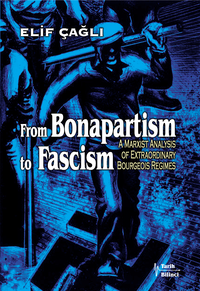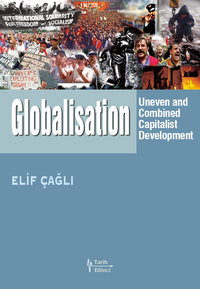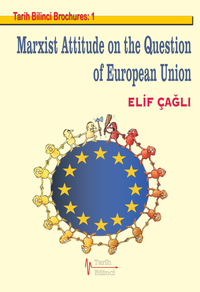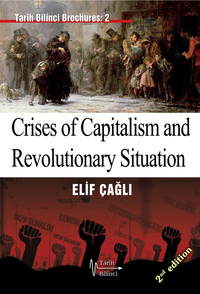Sermaye, Demokrasi, Faşizm
TÜSİAD burjuvazisinin şu anda OHAL’in kaldırılmasını istemesinin sebebi de demokratlıkları değil, siyasi ve ekonomik hesaplarıdır. Kesesini kurtarmak için Bonaparte ve Hitler’e sarılan burjuvaziyle aynı sınıfa mensup olan TÜSİAD burjuvazisinin de sıkıştığında aynı şeyi yapması şaşırtıcı olmayacaktır.







